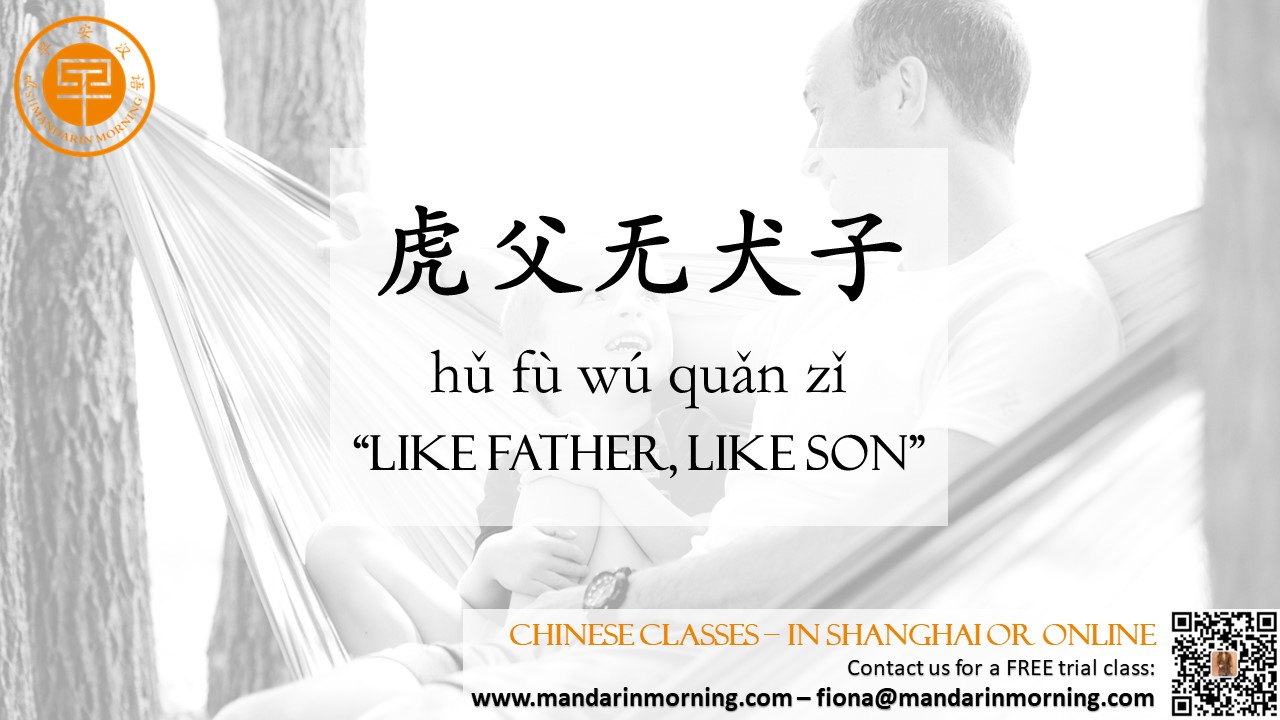| Proverbs and idioms reflect cultural belief systems. As a result, Chinese proverbs and idioms about family are a great way to gain insight into historical and modern Chinese values. The proverbs and idioms below reflect the historical centrality of the family to Chinese cultural life, and they also indicate just how multidimensional this notion is. Some sayings, particularly those expressing intimacy and support of family relationships, will find a place in the hearts of modern readers. Other proverbs and idioms, particularly those relating to the plight of women and the conditions of marriage, will perhaps make the modern reader uncomfortable. History is sometimes wonderful, sometimes terrible and always complicated, and Chinese history is no different. These proverbs and idioms record China’s evolving attitudes towards the family.  Chinese Proverbs and Idioms About Familial Relationships: 国无二君,家无二主 (guówú'èrjūn, jiāwú'èrzhǔ): A state cannot have two monarchs or a family two heads. 前人栽树,后人乘凉 (qiánrénzāishù, hòurénchéngliáng): The predecessors plant the tree, the descendants cool off in the shade. 树高千丈,落叶归根 (shùgāoqiānzhàng, luòyèguīgēn): A tree can grow 10 thousand feet tall but its leaves will always fall back to the roots. Note: This proverb was often used in situations where someone had been exiled or engaged in long years of travel. It was used to mean that even though a person might live for many years away from home, he or she would eventually return to his or her native soil. 虎父虎子 (hǔfùhǔzǐ): If the father is a tiger, then the son will also be a tiger. Note: This is a Chinese proverb that is equivalent to Western sayings such as “like father like son” or “the apple doesn't fall far from the tree.” 姥姥家的狗,吃完了就走 (lǎolao jiā de gǒu, chīwánle jiù zǒu): Grandma’s dog leaves as soon as it’s finished eating. Note: This proverb is usually used by grandparents when playfully talking about their grandkid’s visits. 当麻烦来临,家人会给予你支持 (dàng máfan láilín, jiārén huì gěiyú nǐ zhīchí): During difficult times, it's your family that supports you. Chinese proverbs and idioms about property and secrets: 家有敝帚,享之千金 (jiāyǒubìzhǒu, xiǎnɡzhīqiānjīn): Be thankful for a bad broom as if it were a thousand ounces of gold. Note: This proverb suggests that even if something is of little value, if it's your property you should cherish it. 家家有本难念的经 (jiājiā yǒu běn nánniàn de jīnɡ): There's a skeleton in every house. Chinese proverbs and idioms about marriage: 出门看天色,进门看脸色 (chūmén kàn tiānsè, jìnmén kàn liǎnsè): When you go out, observe the color of the sky, when you come in, observe the facial expressions (of your family members). Note: This was proverbial advice given to newly married women. 儿多母苦,盐多菜苦 (erduōmǔkǔ, yánduōcàikǔ): Just as too much salt makes food taste bad, too many children make a mother’s life hard. 嫁鸡随鸡,嫁狗随狗 (jiàjīsuíjī, jiàgŏusuígŏu): Marry a chicken, follow a chicken; marry a dog, follow a dog. Note: This proverb, and the one that follows, demonstrate the playful and strategic approach that many Chinese women took to navigating their relative powerlessness when it came to marriage. 家寒嫁汉,穿衣吃饭 (jiāhánjiàhàn, chuānyīchīfàn): If the house is cold then marry a man, you'll have clothes to wear and rice to eat. |